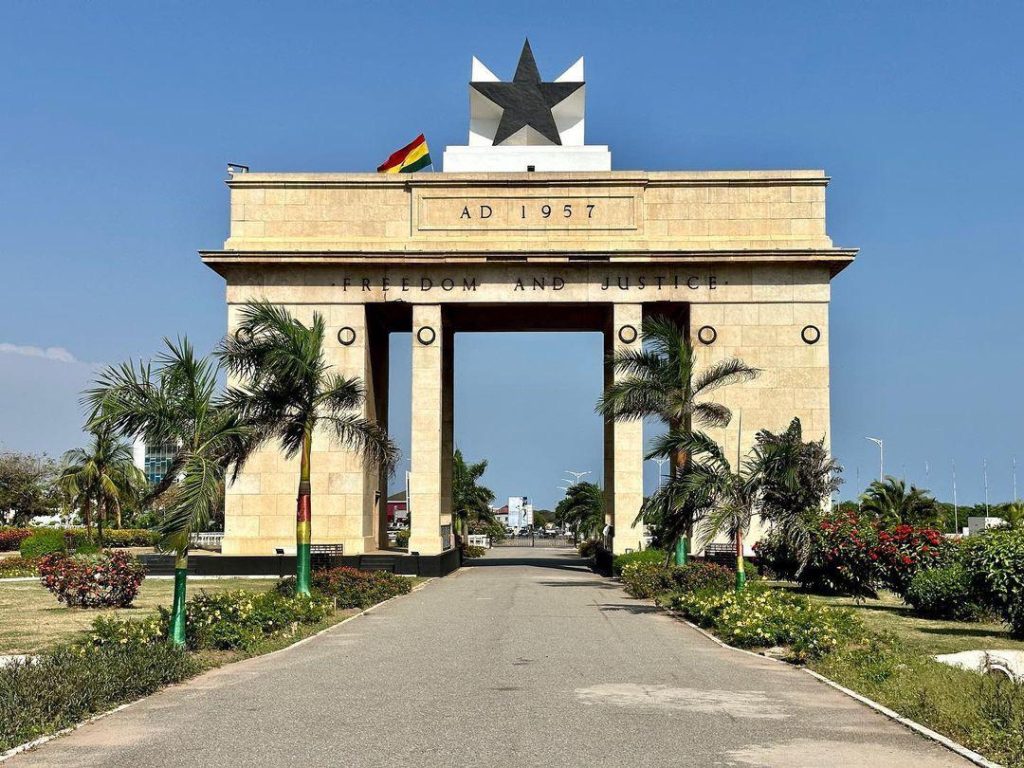About six centuries ago, the multi-ethnic geography below the Sub-Saharan Desert was set to take a different turn with the visit of nonindigenous explorers. The geographical area, now Ghana, would gradually take a relatively sharp contrast in cultural ideals, notions of slavery, religion, governance systems, dressing, and the adoption of a new language. Let us take a stroll down memory lane.
In 1471, the Portuguese, led by Diego D’Azambuja sailed to the shores of Ghana on the instructions of the then Prince of Portugal, Henry the Navigator. The initial intention was to explore new lands, discover a sea route to India and the Far East, and possible trade means. However, I am forced to believe that marveled by the abundance of alluvial gold in rivers, streams, and the presence of raw materials, the Portuguese had gained other candid reasons to form alliances with the people of the coast.
First received by the Chief of Edina (Elmina), Nana Kwamena Ansah, the hospitable reception sparked an initial trade alliance with the people of Edina. Aside from the long-existing hospitable nature of the people, possibly due to cultural orientation, the indigenes saw an opportunity to trade for goods absent in those regions. After gradually winning the trust of the people, Castelo de São Jorge da Mina (St. George of the Mine Castle) was erected in 1482 by the Portuguese.
Due to the scramble for African territories by the Europeans and the desire to extend their empires, the Portuguese were ousted by the Dutch from Holland in 1642. By then, the British, led by Captain Windham, had already crept onto the land in 1533 steadily gaining grounds that would mark them in history as the last European country to leave these shores. By this time, the geographical territory, especially the Southern Kingdoms was adjudged, Gold Coast.
The Swedes also formed alliances with the coasters on their arrival in 1640 and the Danes from Denmark in 1660. All these alliances created ‘soft’ grounds for colonization to set in.
How Ghana’s Colonization Started and Ended
Colonization in Ghana began in the late 15th century when Portuguese explorers first arrived on the country’s coast. They established trade relations with the local people and set up forts along the coastline. The Dutch and the British soon followed, and by the 19th century, the British had gained control of the region.
In 1874, the British declared the Gold Coast (as Ghana was then known) a British colony, and it remained under British colonial rule until it gained independence in 1957. During the colonial period, the British imposed their political, economic, and social systems on the Gold Coast, and they used the region as a source of raw materials for their industries.
In the early 20th century, the Gold Coast saw an increase in nationalism and anti-colonialism movements. The most significant of these was the United Gold Coast Convention (UGCC), founded in 1947, which campaigned for self-government and eventually led to independence.
On March 6, 1957, the Gold Coast became the first sub-Saharan African country to gain independence from colonial rule, and it was renamed Ghana. Ghana’s first president, Kwame Nkrumah, led the country through its early years of independence and worked to improve the country’s infrastructure and economy.
READ NEXT ON: The Monumental Independence Arch






































